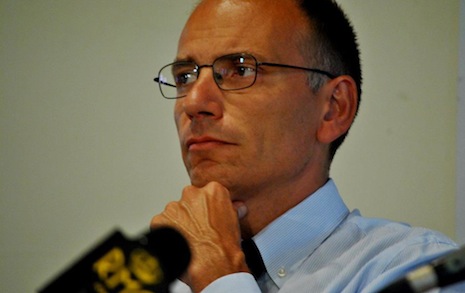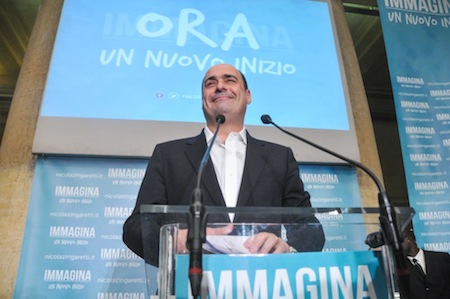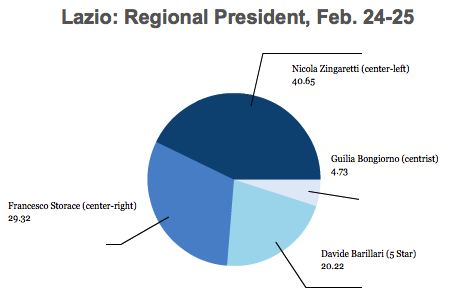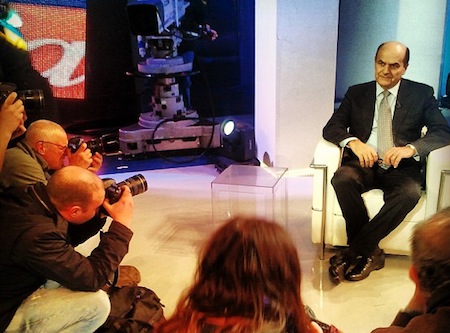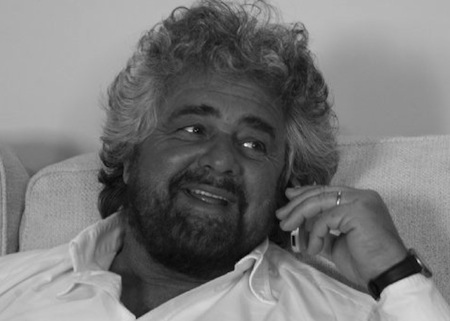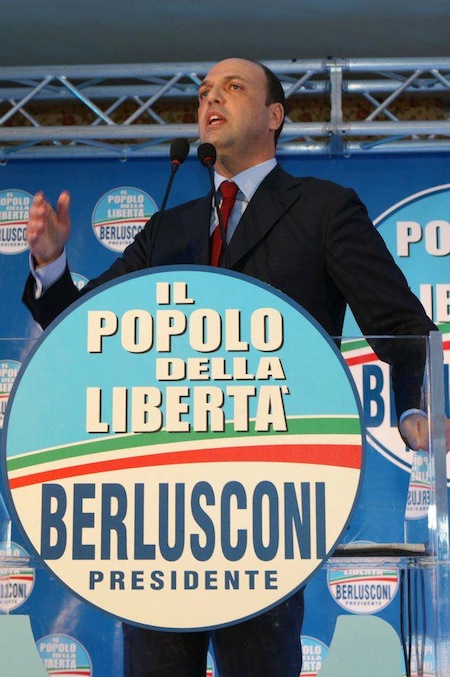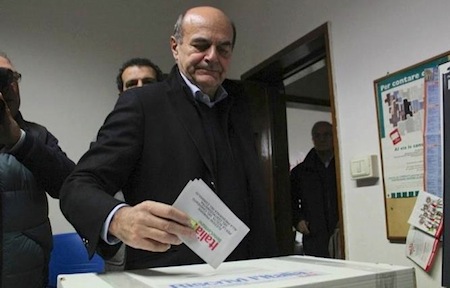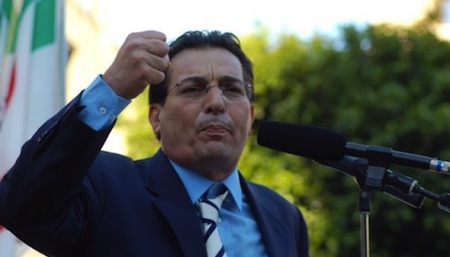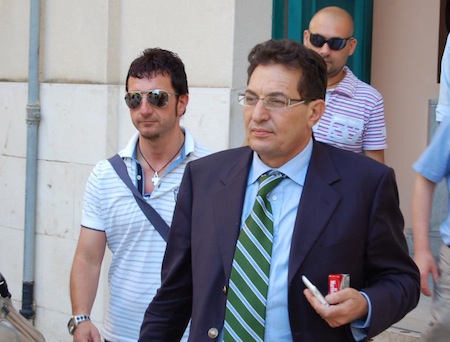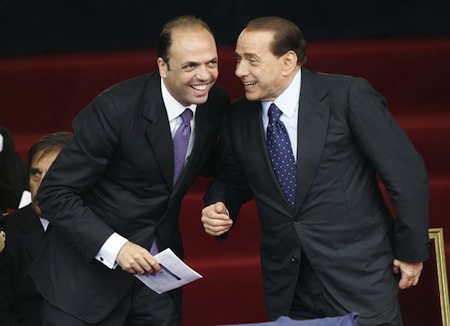Earlier today, newly reelected Italian president Giorgio Napolitano appointed the deputy leader of the Partito Democratico (PD, Democratic Party), Enrico Letta, as Italy’s newest prime minister.![]()
Letta will now seek a ‘grand coalition’ government with Silvio Berlusconi and the Popolo della Libertà (PdL, People of Freedom). Former centrosinistra (center-left) leader Pier Luigi Bersani repeatedly refused previous attempts at a ‘grand coalition’ in post-election talks since February. While it means more short-term stability for Italy and it likely means Italy won’t return to the polls this summer or even perhaps this year, it seems unlikely that the Letta-led coalition will endure for a full five-year term, which means that Italian government will proceed with one eye looking toward the next elections.
So who is Letta and what would a Letta-led government mean for Italy?
The basics are rapidly becoming well-known: he’s from Pisa, he was a European affairs minister in the government of Massimo D’Alema in the late 1990s, he was first elected a member of Italy’s lower house, the Camera dei Deputati (House of Deputies), in 2001, and he was a European Parliament MP from 2004 to 2006. He was a candidate for the leadership of the Democratic Party when it was first established in 2007, though he lost that race to the wide favorite, former Rome mayor Walter Veltroni. His uncle, Gianni Letta, is one of Berlusconi’s top advisers, and was himself the PdL candidate for the Italian presidency back in 2006 when Napolitano was first elected.
As OpenEurope writes this morning, Letta’s both pro-European and apparently anti-austerity, making him a good bridge between outgoing prime minister Mario Monti and the more populist elements in the PD, the PdL and the Movimento 5 Stelle (M5S, the Five Star Movement).
In other words, Napolitano has appointed a Prime Minister with solid European credentials and who can credibly argue for an easing of austerity in the EU. Quite smart.
At age 46, he would be the second-youngest prime minister in post-war Italy, much younger than Giuliano Amato, the 74-year-old who led center-left (largely technocratic in nature) governments in 1992-93 and 2000-01. Amato had been mentioned as Napolitano’s favored candidate since Napolitano’s reelection as president on Saturday, and Florence mayor Matteo Renzi had also been thought to be a contender for prime minister. Letta, in contrast, was a bit of a surprise, though his appointment is not incredibly outlandish.
In many ways, Letta melds the best of both an Amato appointment and a Renzi appointment.
Like Renzi, he’s part of a new generation of Italian leadership, but Berlusconi apparently scoffed at the elevation of the most popular center-left politician in Italy, and Renzi himself is probably relieved not to have to lead a coalition government that will leave much of the center-left disillusioned and that could still lead to the disintegration of Italy’s still-young Democratic Party.
Although Amato once served as my professor in Italy, I believe he would have been a problematic choice for a ‘technocratic’ government for two reasons.
The first is that Italy has already had a technocratic government since November 2011, and the intervening February 2013 election results should clearly inform the creation of the next government. No one voted for Letta, perhaps, but his government will be political, not technocratic, and it will have a political cabinet and an agenda hammered out between the two largest forces in the Italian parliament. Despite what remains a very wide gulf between Berlusconi and the centrosinistra, the German ‘grand coalition’ example remains a best-case lodestar for the newly minted Letta government.
The second is that Amato, fairly or unfairly, remains a link not only to Italy’s past, but to the collapse of its first republic. Though he’s one of the few members of Italy’s old Socialist Party to make a successful transition to the second republic (he served as the minister of the interior in the late 2000s under prime minister Romano Prodi), his appointment would symbolize so much of what’s wrong about Italian political leadership. As the septuagenarian prime minister of an octogenarian president, I fear Amato — no matter how competent a prime minister — would have highlighted the rule of an Italian gerontocracy that refuses to leave the stage after decades in power.
So what’s next? Continue reading Who is Enrico Letta?
